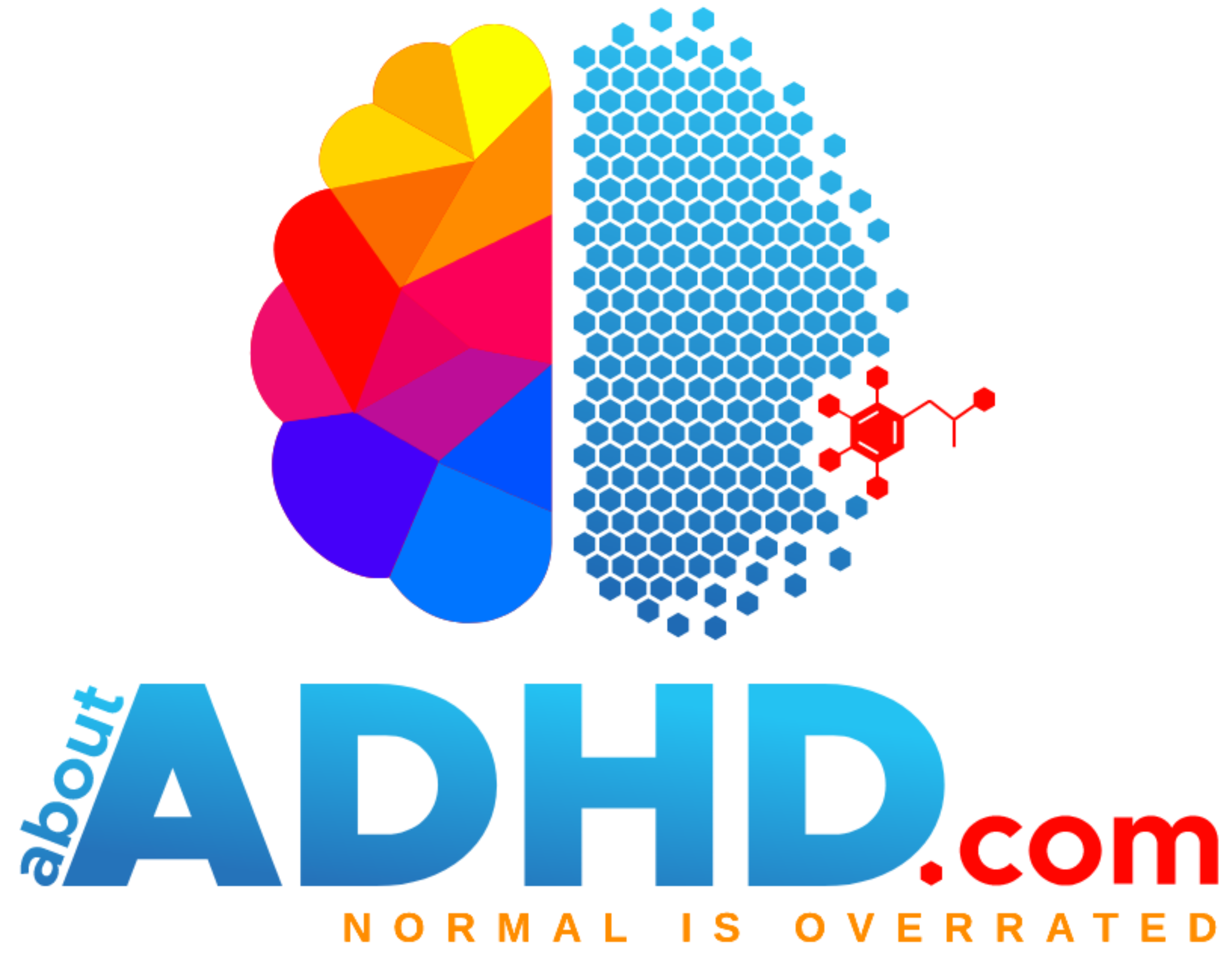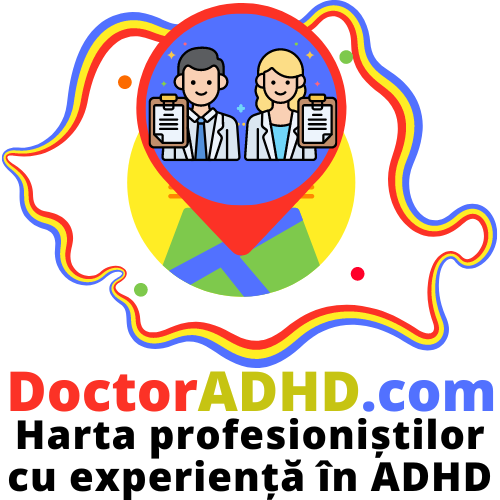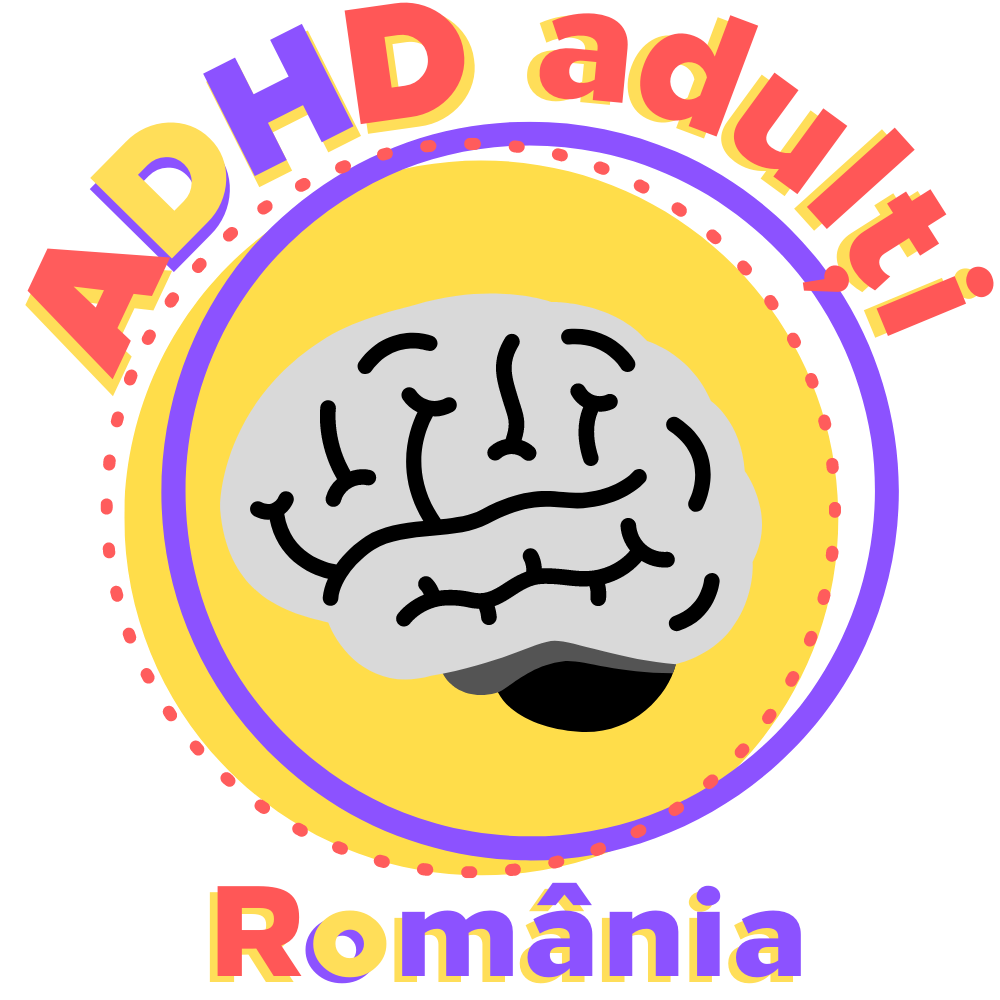DISCLAIMER (READ IT FIRST)
IMPORTANT: I am NOT a physician or medical professional and I am NOT qualified to interpret clinical trials. The contents of this page do NOT constitute medical advice.
I am NOT qualified to express an objective opinion on the validity/relevance/statistical significance of a clinical trial or the data presented therein.
It is possible that some of the selected studies may not be clinically significant or there may be studies that I have not included in this review but which provide a different context.
The study summaries below are best effort translations of the main ideas contained in theabstract andconclusions/results sections of the cited studies.
Although the conclusion of this post presents personal opinions on what is found in the literature, I have done my best to be objective and NOT to express my personal opinion in the summary of each study, but rather to reproduce as accurately as possible the statements of the authors of those studies.
I thought I would put together a small collection from the literature of studies that attempt to answer the question:
What happens when ADHD medication is discontinued?

The motivation forthis article
Discussions followed in ADHD patient communities and ADHD support groups on social media, led me (sadly), to find that there is a segment of the population that chooses to discontinue ADHD medication once they notice a considerable improvement in their level of functioning.
But there is also a segment of patients who are not in a position to make decisions about their course of treatment. I am referring to people who have not reached the age of majority and on whose behalf their parents or other carers are acting.
Observing discussions between patients in the above-mentioned contexts I also found that in some cases the decision to discontinue treatment is made contrary to the recommendations received from the psychiatrist.
Explanatory glossary of terms
What is a DOI?
Each study (reference) cited is accompanied by a link called a DOI. A DOI or Digital Object Identifier is a string of numbers, letters and symbols used to permanently identify and link to an article or document on the internet. This type of link is commonly used by academic journals and databases to uniquely identify a scholarly article. It provides a reliable way to track citations and references to the article and can also be used to ensure correct citation (referencing) of an article.
What is a meta-analysis?
In the context of academic research, a “meta-analysis” is a systematic method that combines and analyses the results of several studies on a given topic or question. The aim is to provide a more accurate and comprehensive understanding of the topic by considering a larger pool of data.
Think of each individual study as a piece of a jigsaw puzzle. A meta-analysis helps you put these pieces together to form a clearer and more complete picture. This can be particularly useful when individual studies have produced different or conflicting results.
Researchers follow these steps when putting together a meta-analysis:
Collecting studies: researchers identify and collect studies that have investigated a similar question or topic.
Quality assessment: They assess the quality and relevance of these studies, ensuring that they meet specific criteria.
Data extraction: They extract relevant data from each study, such as effect sizes, sample sizes and other important information.
Data analysis: Researchers use statistical methods to combine data, identify patterns and calculate an overall effect size.
Interpretation of results: They interpret results to draw conclusions about the topic or question, which can help inform future research, policy or practice.
In short, a meta-analysis is a research technique that helps synthesise findings from multiple studies to provide a more comprehensive understanding of a specific topic or question.
What is a network meta-analysis?
A ‘network meta-analysis’ (NMA), also known as a multiple treatment meta-analysis, is an extension of traditional meta-analysis. It is used in academic medical research to compare and rank multiple interventions or multiple treatments by analysing direct and indirect evidence from different studies. This method allows researchers to gain a broader understanding of the effectiveness and safety of different treatments.
In addition to a regular meta-analysis, it includes the following steps:
Analysis: Using advanced statistical methods, researchers combine both direct comparisons (from studies that directly compared two treatments) and indirect comparisons (from studies that compared each treatment with a common comparator) to estimate the effectiveness and safety of all treatments in the network.
Ranking of treatments: These rank treatments based on the analysis, providing an overall assessment of their efficacy and safety.
Interpretation of results: Researchers interpret results to draw conclusions about the relative performance of different treatments, which can help inform clinical practice, policy or future research.
Attempting to provide a balanced perspective
In an attempt to avoid selective presentation of studies, I will present both studies that support the potential for relapses of ADHD symptoms when stopping medication and studies that claim the opposite. I also searched for meta-analyses on this topic.
Studies supporting the potential for relapse of symptoms on cessation of medication
As mentioned in the title, this section looks at studies that support that symptoms recur when medication is stopped in people diagnosed with ADHD. Some studies show relapse of symptoms at a similar intensity as before treatment, others at a more pronounced intensity. In this category, there are also studies that simply state that the benefits of medication have ceased to be maintained in people who have stopped taking it.
Molina, B. S., Hinshaw, S. P., Swanson, J. M., Arnold, L. E., Vitiello, B., Jensen, P. S., … & MTA Cooperative Group (2009). 8-year-old MTA: prospective follow-up of children treated for combined ADHD in a multisite study. Journal of the American Academy of Child and Adolescent Psychiatry, 48(5), 484-500.
DOI link: https://doi.org/10.1097/CHI.0b013e31819c23d0
In this study, part of the Multimodal Treatment of Children with ADHD (MTA) Study, researchers found that after 14 months of active treatment, the group that received medication showed significant differences in ADHD symptoms compared to those who did not receive medication. According to the authors, this suggests that the benefits of medication may not persist after treatment is discontinued.
Swanson, J. M., Arnold, L. E., Molina, B. S., Sibley, M. H., Hechtman, L. T., Hinshaw, S. P., … & MTA Cooperative Group. (2017) Young adult outcomes in the follow-up of the multimodal treatment trial of attention-deficit/hyperactivity disorder: symptom persistence, source discrepancy, and height suppression. Journal of Child Psychology and Psychiatry, 58(6), 663-678.
DOI link: https://doi.org/10.1111/jcpp.12684
This study is a continuation of the previously mentioned MTA study, which investigated adolescent and young adult outcomes in participants who received various drug treatments for ADHD. Results indicated that ADHD symptoms persisted into adulthood for many participants, regardless of their treatment history. In addition, those who discontinued medication had higher levels of symptom severity compared to those who continued treatment.
Marcus, S. C., & Durkin, M. (2011). Stimulus adherence and academic performance in urban youth with attention-deficit/hyperactivity disorder. Journal of the American Academy of Child and Adolescent Psychiatry, 50(5), 480-489.
DOI link: https://doi.org/10.1016/j.jaac.2011.02.007
This study investigated stimulus adherence and academic performance in urban youth with ADHD. It found that while medication was associated with improved academic performance, discontinuation of medication was associated with a decline in academic performance.
Charach, A., Ickowicz, A., & Schachar, R. (2004) Five-year stimulant treatment: adherence, efficacy, and adverse effects. Journal of the American Academy of Child and Adolescent Psychiatry, 43(5), 559-567.
DOI link: https://doi.org/10.1097/00004583-200405000-00009
This study followed children with ADHD for five years and examined adherence to stimulant treatment, efficacy, and adverse effects. The study found that those who discontinued medication during the study period experienced a significant increase in the intensity of ADHD symptoms.
Fabiano, G. A., Pelham Jr, W. E., Waschbusch, D. A., Gnagy, E. M., Lahey, B. B., Chronis, A. M., … & Burrows-MacLean, L. (2006) A practical measure of impairment: psychometric properties of the Impairment Rating Scale in samples of children with attention deficit hyperactivity disorder and two school samples. Journal of clinical child and adolescent psychology, 35(3), 369-385.
DOI link: https://doi.org/10.1207/s15374424jccp3503_3
This study examined the psychometric properties of the Impairment Rating Scale (IRS) in assessing the severity of ADHD symptoms in children. It was found that patients who discontinued medication during the study period had higher IRS scores, indicating a more severe degree of functional impairment, than those who continued medication use.
Biederman, J., Monuteaux, M. C., Spencer, T., Wilens, T. E., MacPherson, H. A., & Faraone, S. V. (2008) Stimulant therapy and risk of subsequent substance use disorders in adult males with ADHD: a 10-year follow-up controlled naturalistic study. American Journal of Psychiatry, 165(5), 597-603.
DOI link: https://doi.org/10.1176/appi.ajp.2007.07091486
This long-term follow-up study examined the risk of developing Substance Use Disorder ( SUD) in adult males with ADHD who received stimulant therapy. The study found that the risk of developing SUD was significantly higher for participants who discontinued stimulant therapy compared to those who continued treatment, suggesting that discontinuation of medication could potentially increase the risk of negative outcomes such as developing SUD in adulthood.
Currie, J., Stabile, M., & Jones, L. (2014) Do stimulant medications improve educational and behavioral outcomes in children with ADHD. Journal of Health Economics, 37, 58-69.
DOI Link: https://doi.org/10.1016/j.jhealeco.2014.05.002
This study investigated whether stimulant medications improve educational and behavioral outcomes for children with ADHD. The results indicated that in the population studied, although stimulant medications had positive effects on both educational and behavioral outcomes, these benefits diminished or disappeared completely after discontinuation of treatment.
Van Lieshout, M., Luman, M., Twisk, J. W., Van Ewijk, H., Groenman, A. P., Thissen, A. J., … & Oosterlaan, J. (2016). A 6-year follow-up of a large European cohort of children with attention-deficit/hyperactivity disorder-combined subtype: outcomes in late adolescence and young adulthood. Journal of European Child and Adolescent Psychiatry, 25(9), 1007-1017.
DOI link: https://doi.org/10.1007/s00787-016-0820-y
This study followed a large cohort of children with ADHD (combined subtype) for six years and examined their outcomes around the age of majority. Results showed that ADHD symptoms persisted into late adolescence and into early adulthood thresholds and discontinuation of medication was associated with greater symptom severity and reduced executive functioning.
Barkley, R. A., Fischer, M., Smallish, L., & Fletcher, K. (2004) Young adult tracking of hyperactive children: antisocial activities and drug use. Journal of Child and Adolescent Psychology and Psychiatry, 45(2), 195-211.
Link DOI: https://doi.org/abs/10.1111/j.1469-7610.2004.00214.x
This study followed hyperactive children into adulthood and examined antisocial activities and drug use. Results from the research showed that participants who discontinued medication were involved in a greater number of antisocial activities and had an increased propensity towards substance abuse compared to those who remained on medication.
Pelham, W. E., Fabiano, G. A., Waxmonsky, J. G., Greiner, A. R., Gnagy, E. M., & Coxe, S. (2016). Treatment sequencing for ADHD in children: a multiple randomization study of medication and adaptive behavioral interventions Journal of Clinical Child and Adolescent Psychology, 45(4), 396-415.
DOI link: https://doi.org/10.1080/15374416.2015.1105138
This study examined the effectiveness of different treatment sequences for children with ADHD, including medication interventions. Although the study does not explicitly focus on symptom relapse upon cessation of medication, through the study the researchers highlight the importance of ongoing treatment, including medication, in the effective management of ADHD symptoms.
Studies that contradict the potential for symptom relapse upon discontinuation of medication
While most studies highlight the potential for ADHD symptoms to relapse upon cessation of medication, there are some studies and reviews that suggest that not all individuals experience a relapse of symptoms after discontinuation of medication.
Molina, B. S., Hinshaw, S. P., Swanson, J. M., Arnold, L. E., Vitiello, B., Jensen, P. S., … & MTA Cooperative Group (2009). 8-year-old MTA: prospective follow-up of children treated for combined ADHD in a multisite study. Journal of the American Academy of Child and Adolescent Psychiatry, 48(5), 484-500.
DOI link: https://doi.org/10.1097/CHI.0b013e31819c23d0
The 8-year follow-up of the MTA study found that although the benefits of medication management and behavioral treatment seen in the first 14 and 24 months of the study were no longer significant, some participants who discontinued medication retained relatively low levels of ADHD symptoms.
Charach, A., & Gajaria, A. (2011) Improving psychosocial treatment for children with ADHD: integrating research and practice. Postgraduate Medicine, 123(5), 125-135.
DOI link: https://doi.org/10.3810/pgm.2011.09.2469
This review article discusses improving psychosocial treatments for children with ADHD. While the main focus is on non-pharmacological interventions, the authors recognize that not all children experience a relapse of symptoms upon cessation of medication. They stress the importance of individualized treatment plans that take into account each child’s unique needs and circumstances.
Barbaresi, W. J., Katusic, S. K., Colligan, R. C., Weaver, A. L., & Jacobsen, S. J. (2007) Long-term school outcomes for children with attention-deficit/hyperactivity disorder: a population-based perspective. Journal of behavioral and developmental pediatrics, 28(4), 265-273.
DOI link: https://doi.org/10.1097/DBP.0b013e31811ff87d
This study evaluated long-term school outcomes for children with ADHD. The authors found that although many children with ADHD continued to struggle in school, some children showed improvements in their school performance over time. Although the study does not focus specifically on medication discontinuation, it highlights variability in outcomes and suggests that not all children with ADHD experience relapses or persistent difficulties, or at least not so severe that they jeopardize their school development.
Biederman, J., Mick, E., & Faraone, S. V. (2000). Age-dependent decline in symptoms of attention deficit hyperactivity disorder: impact of remission definition and symptom type. American Journal of Psychiatry, 157(5), 816-818.
DOI link: https://doi.org/10.1176/appi.ajp.157.5.816
The above study assessed ADHD symptom decline by age and the impact of remission definition and symptom type. The authors found that some individuals experienced a decline in ADHD symptoms over time, with a greater decline observed for hyperactive-impulsive-type symptoms compared to inattentive symptoms. While not directly addressing medication discontinuation the study researchers suggest, based on the evidence they obtained, that some people may experience a decline in symptoms regardless of their medication status.
The studies mentioned above highlight the variability in outcomes after discontinuation of ADHD medication. According to them, while many people experience a relapse of symptoms when medication is stopped, there are also people who do not. It is important to note that these studies do not absolutely contradict the findings of the studies in the first category, but rather suggest that outcomes may vary considerably on an individual basis.
Meta-analyses
From my searches, I was unable to find any meta-analyses focused exclusively on relapse of ADHD symptoms upon cessation of medication. However, there are several meta-analyses and systematic reviews examining the efficacy and short-, medium- and long-term outcomes of ADHD medications. These studies may provide indirect information about relapse after medication discontinuation.
Cortese, S., Adamo, N., Del Giovane, C., Mohr-Jensen, C., Hayes, A. J., Carucci, S., … & Coghill, D. (2018) Comparative efficacy and tolerability of medication for attention deficit hyperactivity disorder in children, adolescents, and adults: a systematic review and network meta-analysis. The Lancet Psychiatry, 5(9), 727-738.
DOI link: https://doi.org/10.1016/S2215-0366(18)30269-4
This systematic review and network meta-analysis compared the efficacy and tolerability of ADHD medications in children, adolescents and adults. Although the study does not focus on relapse on cessation of medication, it provides important context regarding the effectiveness of different medications in managing ADHD symptoms.
Biederman, J., Mick, E., & Faraone, S. V. (2000). Age-dependent decline of symptoms of attention deficit hyperactivity disorder: impact of remission definition and symptom type. American Journal of Psychiatry, 157(5), 816-818.
DOI Link: https://doi.org/10.1176/appi.ajp.157.5.816
The study examined age-dependent decline of ADHD symptoms and the impact of remission definition and symptom type. The authors found that some individuals experienced a decline in ADHD symptoms over time, with a greater decline observed for hyperactive-impulsive symptoms compared to inattentive symptoms. Although the study does not directly address medication discontinuation, it suggests that some people may experience a decline in symptoms regardless of their treatment status.
Faraone, S. V., & Buitelaar, J. (2010). Comparing the efficacy of stimulants for ADHD in children and adolescents by meta-analysis. European Child & Adolescent Psychiatry, 19(4), 353-364.
DOI link: https://doi.org/10.1007/00787-009-0054-3
This meta-analysis aimed to compare the degree of efficacy of different stimulant medications for treating ADHD in children and adolescents. The authors found that stimulant drugs such as methylphenidate and amphetamines are highly effective in treating ADHD symptoms. Although the study does not specifically address relapse upon cessation of medication, through it the researchers provide evidence of the efficacy of medication for managing ADHD symptoms, which may inform discussions about the potential for relapse after discontinuation of medication.
Catalá-López, F., Hutton, B., Núñez-Beltrán, A., Page, M. J., Ridao, M., Macías Saint-Gerons, D., … & Moher, D. (2017). Pharmacological and non-pharmacological treatment of attention-deficit hyperactivity disorder in children and adolescents: a systematic review with network meta-analysis of randomized trials. PLoS One, 12(7), e0180355.
DOI Link: https://doi.org/10.1371/journal.pone.0180355
This systematic review with network meta-analyses aimed to evaluate the comparative efficacy and safety of pharmacological and non-pharmacological treatments for children and adolescents with ADHD. The authors found that both pharmacological and non-pharmacological treatments were effective in managing ADHD symptoms. Although this study does not directly address symptom relapse upon cessation of medication, it highlights the potential role of non-pharmacological treatments in managing ADHD symptoms, which may be relevant when considering alternative interventions for individuals who have discontinued medication. It is important to note that the study mentions in the conclusions section a potential limitation, which should not be overlooked, regarding the degree of objectivity of the research. In the conclusions section you will note that the author(s) draw attention to the need to carry out a risk-benefit analysis before making a decision to refuse or accept a course of medication.
Although none of these meta-analyses specifically address relapse upon cessation of medication, they do provide information about the efficacy of different ADHD medications, which indirectly signals to us the importance of understanding the potential for relapse after medication discontinuation.
Conclusion (personal, subjective, lay)
I would like to point out that although there are studies that highlight the variability of the consequences of stopping medication for people with ADHD, at least in terms of the research I have found, in most cases the potential for relapse of symptoms upon cessation of medication is highlighted.
In my opinion, although the results so far seem conclusive, more research, including meta-analyses, is needed to better understand relapse rates and factors associated with ADHD symptom relapse upon cessation of medication.
Based on the issues mentioned in this article I believe that regardless of the decision a patient or prospective patient diagnosed with ADHD it is essential that before making a definitive decision it is recommended to consider the following issues-circumstances unique to his or her situation, seek advice and guidance from medical professionals regarding available treatment plans, their advantages and disadvantages in order to make an informed decision and choose appropriate treatment.
I look forward to your opinions and additions!
As mentioned in previous articles my goal is to share quality information that I hope will contribute positively, spark interest and a desire to inform the audience.
If you find additional studies related to this topic, whether approving or disapproving of the potential for symptom relapses, please leave a comment or send an email to: [email protected]




